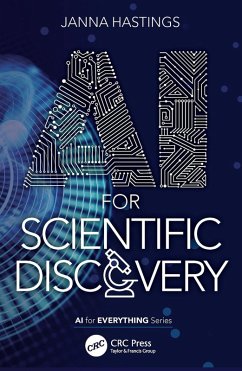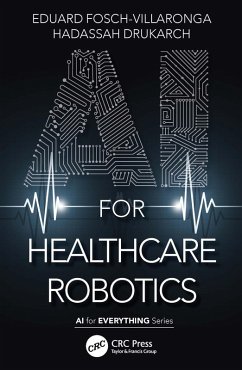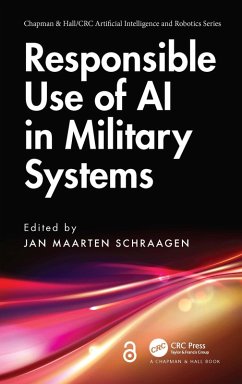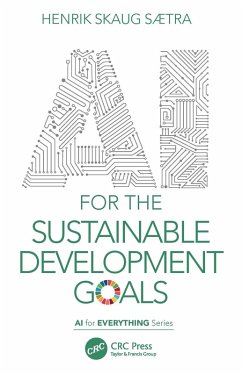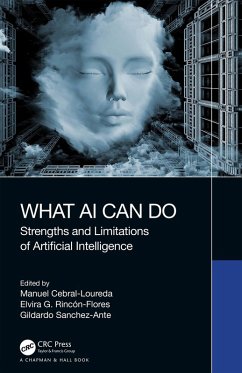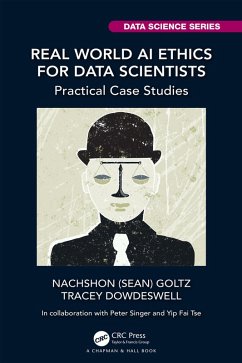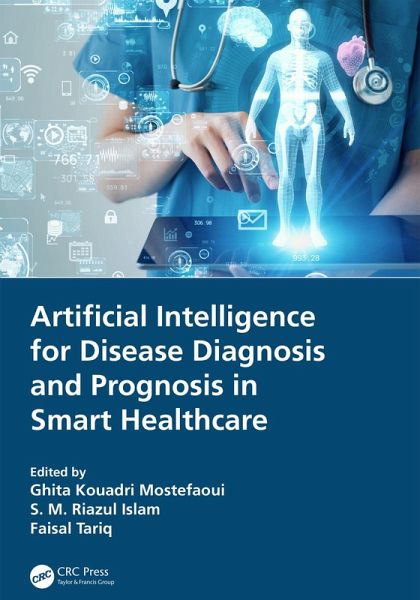
Artificial Intelligence for Disease Diagnosis and Prognosis in Smart Healthcare (eBook, ePUB)
Versandkostenfrei!
Sofort per Download lieferbar
44,95 €
inkl. MwSt.
Weitere Ausgaben:

PAYBACK Punkte
22 °P sammeln!
Artificial Intelligence (AI) in general and machine learning (ML) and deep learning (DL) in particular and related digital technologies are a couple of fledging paradigms that next-generation healthcare services are sprinting towards. These digital technologies can transform various aspects of healthcare, leveraging advances in computing and communication power. With a new spectrum of business opportunities, AI-powered healthcare services will improve the lives of patients, their families, and societies. However, the application of AI in the healthcare field requires special attention given th...
Artificial Intelligence (AI) in general and machine learning (ML) and deep learning (DL) in particular and related digital technologies are a couple of fledging paradigms that next-generation healthcare services are sprinting towards. These digital technologies can transform various aspects of healthcare, leveraging advances in computing and communication power. With a new spectrum of business opportunities, AI-powered healthcare services will improve the lives of patients, their families, and societies. However, the application of AI in the healthcare field requires special attention given the direct implication with human life and well-being. Rapid progress in AI leads to the possibility of exploiting healthcare data for designing practical tools for automated diagnosis of chronic diseases such as dementia and diabetes. This book highlights the current research trends in applying AI models in various disease diagnoses and prognoses to provide enhanced healthcare solutions. The primary audience of the book are postgraduate students and researchers in the broad domain of healthcare technologies.
Features
Features
- In-depth coverage of the role of AI in smart healthcare
- Research guidelines for AI and data science researchers/practitioners interested in the healthcare sector
- Comprehensive coverage on security and privacy issues for AI in smart healthcare
Dieser Download kann aus rechtlichen Gründen nur mit Rechnungsadresse in A, B, BG, CY, CZ, D, DK, EW, E, FIN, F, GR, HR, H, IRL, I, LT, L, LR, M, NL, PL, P, R, S, SLO, SK ausgeliefert werden.






